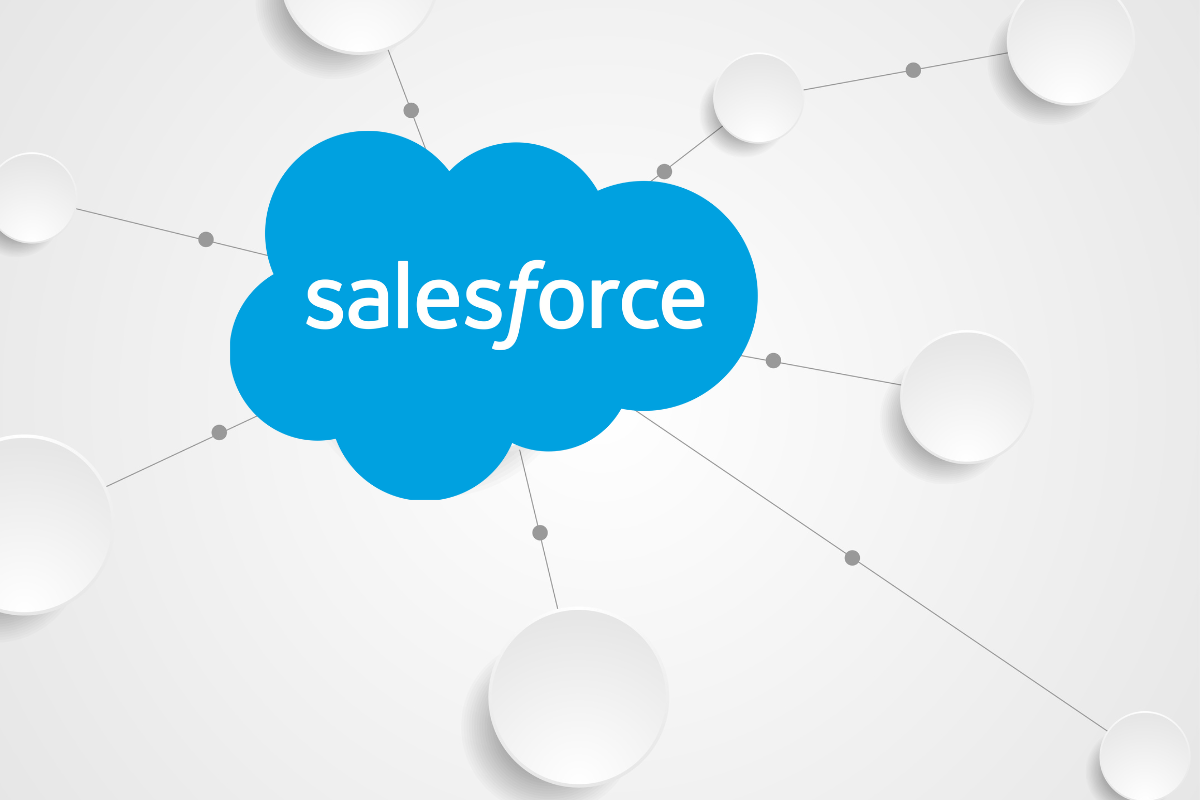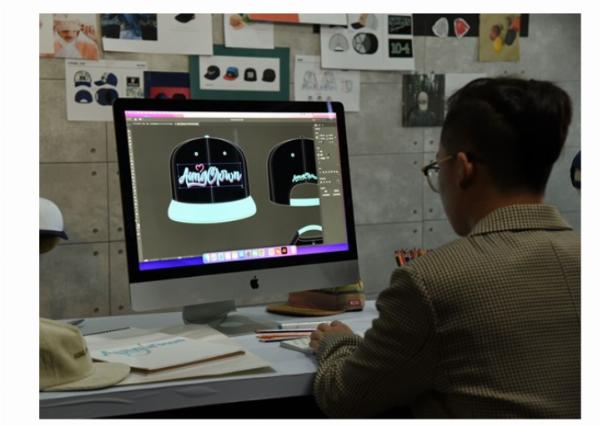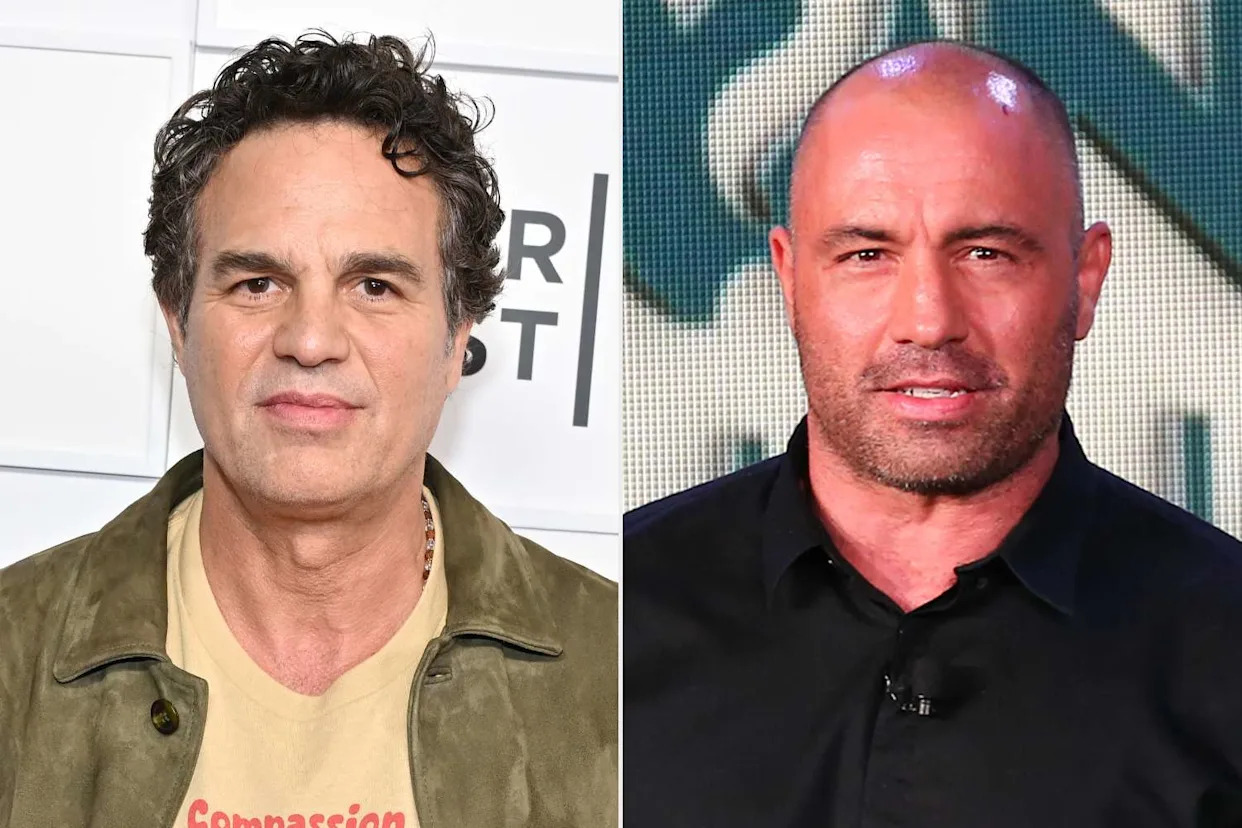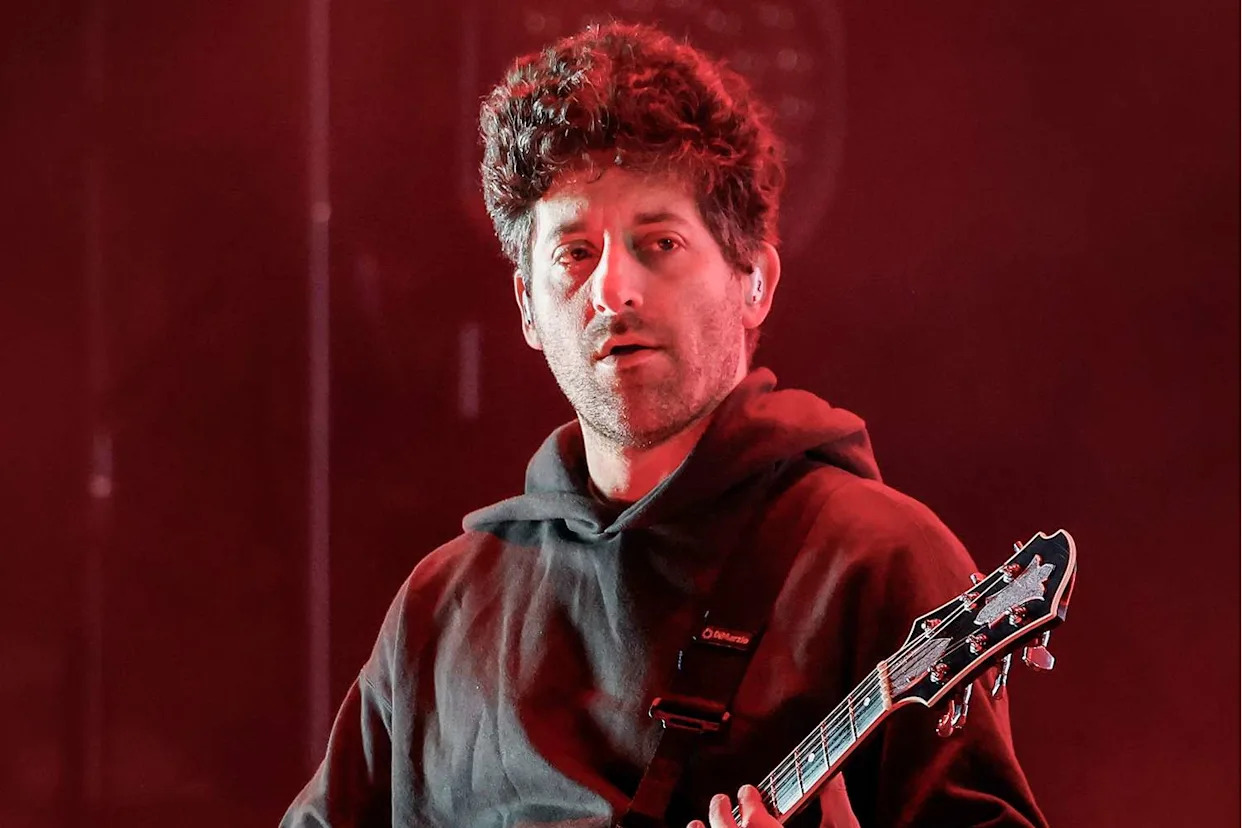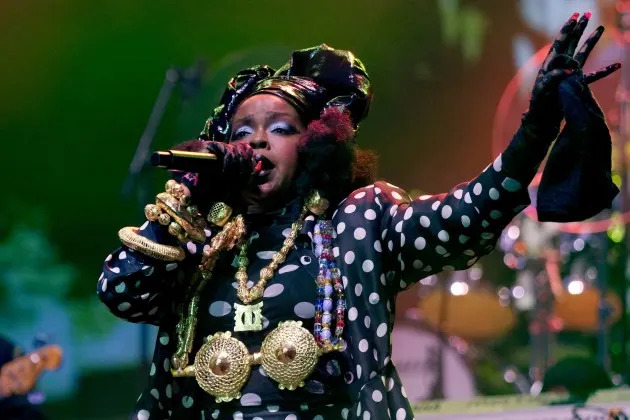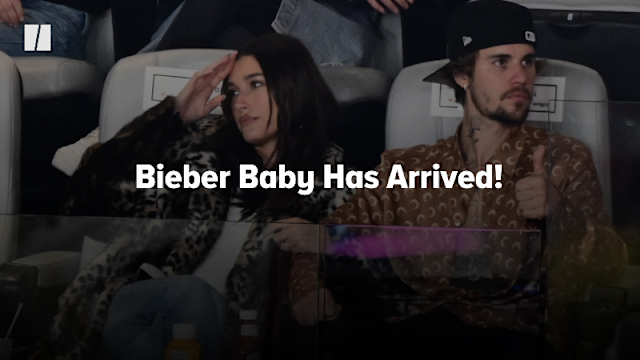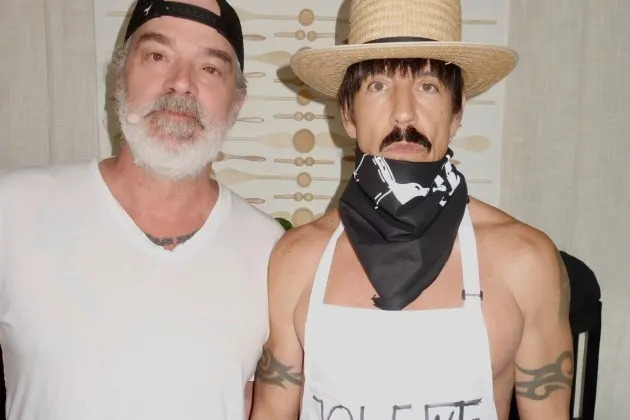Terry Gilliam Reflects On ‘Brazil’ As Film Celebrates 40th Anniversary & The Challenges Of Getting Movies Made Today: “I Really Don’t Want Any More Fights”
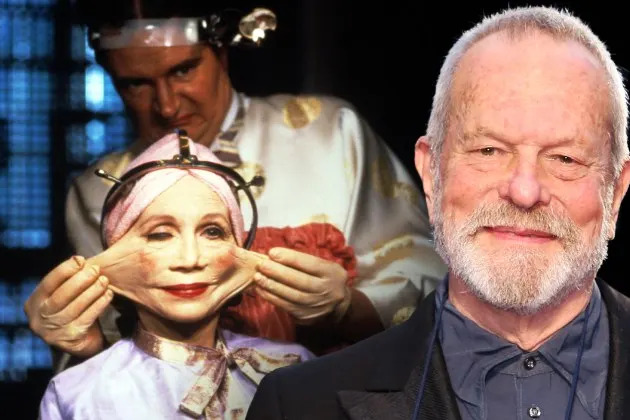 Yahoo is using AI to generate takeaways from this article. This means the info may not always match what's in the article. Reporting mistakes helps us improve the experience.Generate Key Takeaways
Yahoo is using AI to generate takeaways from this article. This means the info may not always match what's in the article. Reporting mistakes helps us improve the experience.Generate Key Takeaways
Veteran filmmaker Terry Gilliam is headed to the Umbria Film Festival in Italy, where a screening next weekend of his iconic 1985 dystopian black comedy Brazil will celebrate the film’s 40th anniversary. Nominated for two Oscars and winning a pair of BAFTAs, the movie centers on Jonathan Pryce’s Sam Lowry, who works in the sprawling archives of a megalopolis ruled by faceless bureaucracy and an all-seeing Information Department. When a band of terrorists begins sowing chaos, Sam escapes the gray monotony of his desk job through vivid, dreamlike visions — until reality and fantasy collide with explosive consequences.
Gilliam’s own career has been filled with the fantastical, and often courted controversy. He famously clashed with Universal’s then-Chairman, Sid Sheinberg, over the U.S. release of Brazil, which has gone on to be considered a masterpiece of science fiction.
More from Deadline
Terry Gilliam Project ‘Carnival: At The End Of Days’ Heads To EFM With Producer Andrea Iervolino
John Cleese Suggests He’s Quitting X To “Encounter A Better Class Of Person” On Substack
Mike Fleming Jr: Why James Cameron Is Hellbent On Making 'Ghosts Of Hiroshima' Japan-Set Movie That Will Bring Nightmare Look At A-Bomb Blasts
AdvertisementAdvertisement#«R26ekkr8lb2m7nfddbH1» iframe AdvertisementAdvertisement#«R46ekkr8lb2m7nfddbH1» iframeEarlier, during his days with Monty Python, Gilliam co-wrote biblical black comedy The Life of Brian, whose themes of religious satire drew accusations of blasphemy and protests.
More recently, Gilliam’s The Man Who Killed Don Quixote went through a lengthy and troubled production before it finally premiered at Cannes in 2018.
In the discussion below, Gilliam, who has not directed a feature since Don Quixote, talks about not wanting “any more fights.” He says he’s lined up such talent asJohnny Depp, Adam Driver, Jeff Bridges, Jason Momoa and Tom Waits for his next project, Carnival at the End of Days, but that financing is proving a challenge.
He tells us, “Filmmaking is, I think, different now, and I think the producers, the financiers, the studios, are very timid these days.”
AdvertisementAdvertisement#«R2bekkr8lb2m7nfddbH1» iframe AdvertisementAdvertisement#«R4bekkr8lb2m7nfddbH1» iframeThis conversation has been condensed and edited for clarity.
DEADLINE: There are a lot of major films having big anniversaries this year. When you look back now, how does it feel to realize it’s been 40 years since Brazil?
TERRY GILLIAM: Well, that’s the thing that’s always interesting. I mean, it doesn’t feel that long ago for me because it was such an intense period, not the making of the film, the fighting to get the film released as we made it — that was very intense and interesting. I kind of look back at that time and think, “Wow, it was almost good fun to have that fight with Universal.” I was just so determined that they were not going to change the movie. As a result of it, I was for a while, inundated by other filmmakers who were thinking that I had changed the rules. There was a little opening for a few weeks, and then it closed again. And it’s either you have to decide whether you want a career or you want to make your movie the way you want to make it. Simple.
DEADLINE: It feels as though it has held up well across 40 years.
GILLIAM: That’s the thing I like about the success of the film, the fact it’s lasted. It doesn’t feel dated. People keep coming up to me say, “How did you understand the world was going to be like it is then?” And I say, “Well, you just had to keep your eyes open.” Basically, most people don’t think ahead. They seem to be just dealing with the daily noise. But it seemed to me, it was about then as far as I was concerned. And then is the same as now, just the players changed basically. … A few years ago when Dick Cheney and George W were running the show in America, I was in the States promoting something and I said that I was considering taking the two of them to court for the illegal and unauthorized remake of Brazil. Homeland Security is out with us now, and it’s very much like the Ministry of Information.
DEADLINE: And even today it feels relevant.
GILLIAM: You always need an enemy. And whether there’s a real one, you fabricate him. I’m almost finding it enjoyable to listen to Trump and Musk go at each other like two children in the playground. It’s the world’s richest man and the world’s most powerful man behaving like that. That’s kind of fascinating and entertaining, and I think the idea of pushing all those people out of California, in all of America, that’s the workforce folks, it isn’t going to give more jobs to Americans. We need immigrants. The same thing happened when Britain left Europe.
DEADLINE: What’s your state of mind today in that regard as you work to get another project, Carnival at the End of Days off the ground?
GILLIAM: I’m getting weary as I get old. I really don’t want any more fights. Filmmaking is, I think, different now, and I think the producers, the financiers, the studios, are very timid these days.
AdvertisementAdvertisement#«R2lekkr8lb2m7nfddbH1» iframe AdvertisementAdvertisement#«R4lekkr8lb2m7nfddbH1» iframeThat’s one of the problems. That’s what’s depressing, the fact that to have ideas, strong opinions, and things that try to get people thinking, or at least discussing or even being outraged about what’s happening. It just feels like it’s not a very interesting time. I watch movies now, and I see them very technically skilled films, but not doing anything to make my view of the world different. They’re not shocking me. They’re not making me think. And I find that’s what’s so depressing, it makes me feel old.
I started writing the script in 2020, Carnival at the End of Days, and then I teamed up with a young dramatist in his early 30s, Christopher Brett Bailey, because I thought I’m an old fart, and I want to stay in touch with the audience, a younger audience And so we wrote this script, and it’s very, very funny. What I did cleverly is I sent the script directly to actors that I knew. I didn’t go through agents, because agents are very cautious, concerned people, and I had been warned anyway by a guy very much in Hollywood who did read the script and said: “Don’t let anybody else read this in Hollywood. You’ll never work again, mate.” And so I assembled this incredible group of actors, so I thought, “Wow, who can say no to that?” And now we’ve been pissing around for almost another year.
DEADLINE: Is there a way to maneuver to get your stories across?
GILLIAM: As an independent, they say you’ve got to keep your budget at around $10 million or below $10 million, it seems to me, if you’re going to go anywhere, and my ideas tend to need more. Quixote was $20 million, and I finally got it made. But not because of the system, because of a fairy godmother who came up with the last bit of money. I don’t know how to make films as cheaply anymore because my ideas have become invariably bigger. I’m kind of caught in this trap between independent film budgets and studio budgets. That’s what is my mistake in life.
AdvertisementAdvertisement#«R2rekkr8lb2m7nfddbH1» iframe AdvertisementAdvertisement#«R4rekkr8lb2m7nfddbH1» iframeOn this particular project, I decided to get the cast first and then find the money. So I have this wondrous cast — Johnny Depp, Adam Driver, Jeff Bridges, Jason Momoa, Tom Waits, Asa Butterfield, Emma Laird — who are all willing to work for less. That’s not the problem; it’s still getting the money needed. In the independent world, you either have solid independent producers who will work below $10 million or the ones who are more adventurous, more crazy, more socially demanding … who will at least try to make more expensive fare, but after a couple years, I’m getting ready to go back and talk to studios again.
DEADLINE: In terms of finance and how things have changed, what about a streamer? Would you think about seeking out that avenue? Or are you strictly in the big-screen theatrical camp?
GILLIAM: There’s many days I would be happy to work for Netflix or anything because, having not made a film now in almost 10 years, it’s time to go back to work. It doesn’t matter. Except, last night I saw F1. I saw it in Imax and it’s really good, especially on Imax. On a big screen with big sound, that’s what the film is about.
If you sit and watch it on your iPhone or at home on your little computer, it’s not the same experience. So that’s what I like about big screens. That’s why I keep the films that way because it’s also a little bit more of a religious experience. You’re paying money, you’re going into this cathedral of darkness, where this screen is out there, and you start from a position of respect for cinema. But I find almost everything I’m watching these days is being streamed. I’ve got a 52-inch screen at home that’s pretty good, but it’s without an audience, without that sense of a communal experience.
AdvertisementAdvertisement#«R30ekkr8lb2m7nfddbH1» iframe AdvertisementAdvertisement#«R50ekkr8lb2m7nfddbH1» iframeWhen I’m on the tube here in London, and I see somebody watching Star Wars on their iPhone, I want to take them out and shoot them. The whole point is the film, the presentation is gigantic, and we the viewers are small in comparison. It’s not the other way around. It’s my big head and my little iPhone. This is the wrong relationship.
DEADLINE: So what do you see as the future for Carnival at the End of Days?
GILLIAM: We may be getting closer to the time when this film is more allowed likely to breathe. Hollywood, you know, in the last couple years has been a very nervous world. You were not allowed to offend anyone, and all the executives were living in fear so I started looking elsewhere.
It’s a simple tale of God deciding to destroy humanity, wipe them out for ruining his beautiful garden, a comedy! Where and when we will start shooting has not been easy is all I can say. When you have to deal with the apocalypse and things like that it gets more costly. The apocalypse is always going to be expensive. And the other problem is that the script, in some ways, is out of date because it was a satire of the world two years ago, and Donald Trump has come along, and he is the carnival. He’s turned the world upside down — everything. We may have to rework some of the story because parts of it was very specific about the wonderful world of woke before The Donald took over again. That very narrow way of thinking of life. We’ll see where it goes. At the moment, I may be out of a job for another 10 years.
DEADLINE: You renounced American citizenship a long time ago; right about now I’m guessing you feel good about that decision.
GILLIAM: Yes, I haven’t been back to [live in] America since whenever it was, and I don’t intend to. I think America is in a very difficult position now because Trump and company are quite extraordinary. On the other hand, he may actually succeed where other people didn’t, in a strange way. It’s like Richard Nixon, you know, brought about the rapprochement with China.
DEADLINE: When you look back at some of the films that you’ve done, anything from Brazil to 12 Monkeys to the earlier movies, do you reflect on them with fondness, or do you have a critical eye? Do you discover new things about them, or maybe about who you are now versus who you were then?
GILLIAM: Well, I’m not the guy that made those films. That guy was worn out some years ago, or, I think he died. I’m not sure what the accident was, but he doesn’t live in this body anymore, is all I can say. And I’ll tell you, I don’t watch my films after I’ve finally finished them, and maybe it was two years now, I supervised the 4k version of The Adventures of Baron Munchausen, and I hadn’t watched it in such a long time, because the whole experience had been so nightmarish and painful. But I watched it, and I just came out like I’d never seen the film before. I said, “This is a f*cking great movie. This is so good. I wish I could make something like that.”
AdvertisementAdvertisement#«R39ekkr8lb2m7nfddbH1» iframe AdvertisementAdvertisement#«R59ekkr8lb2m7nfddbH1» iframeI want to be able to be like the guy that sees one of my films for the first time. And that was an instance with Munchausen because it was just absolutely wonderful as far as I was concerned.
DEADLINE: If you haven’t sort of revisited them, do they still live within you? I mean, do you still feel like the person you know who can speak about them with the most authority?
GILLIAM: No, I can only remember what I was like during the making of them. I know what the films are, but it’s the guy who watches the finished product and that’s it. So I’d basically go to film festivals just to hear people tell me how much they love various films I’ve done, and that just makes me feel good, and that’s all I really want to hear, that the fact that the films made a difference to people, made them laugh more, made them think more, had an impact on them. That’s makes me happy.
Best of Deadline
Everything We Know About Christopher Nolan’s Next Film – ‘The Odyssey’: Release Date, Cast And More
2025-26 Awards Season Calendar: Dates For Tonys, Emmys, Oscars & More
2025 TV Cancellations: Photo Gallery
Sign up for Deadline's Newsletter. For the latest news, follow us on Facebook, Twitter, and Instagram.


